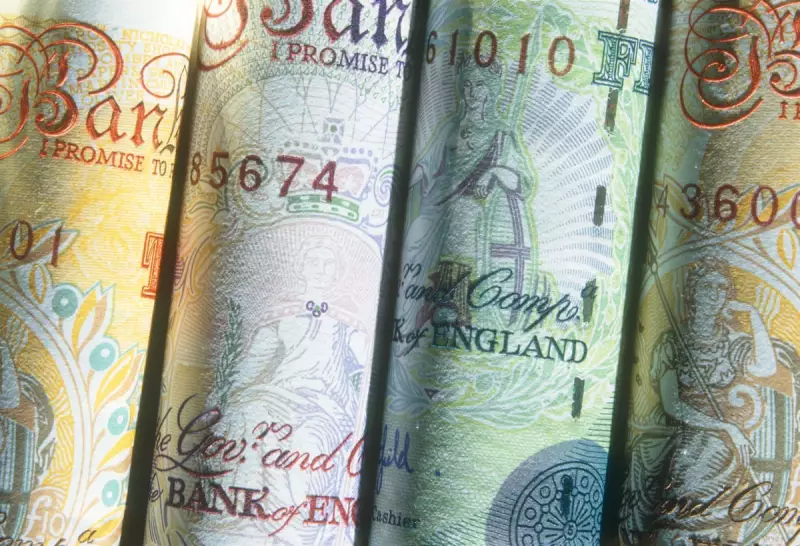
Chancellor Rachel Reeves is being urged to consider a major tax reform ahead of next Wednesday's budget, as new analysis reveals a 2% levy on assets exceeding £10 million could generate up to £25 billion annually for vital public services.
The Popular Alternative to Stealth Taxes
While the Chancellor has avoided the politically charged move of raising the basic income tax rate, concerns remain that taxpayers will still face increases through other means, such as adjustments to tax thresholds. However, Tom Burgess, Chief Executive of the campaign group Taxpayers Against Poverty, presents a compelling alternative.
Introducing a 2% tax on assets above £10m would raise up to £25bn annually to invest in health, housing, education and infrastructure, according to the proposal. This policy is not just a theoretical exercise; polling indicates it holds consistent popularity with the British public. Notably, even the millionaires most likely to be affected by the tax have expressed support for the idea.
Cross-Party Support and Political Resistance
The campaign for a wealth tax is gaining tangible political traction. More than 50 MPs have officially signed Early Day Motion 1725, which calls on the government to evaluate proposals for a fair wealth tax before the budget.
Privately, the support runs even deeper. Many more Labour MPs have reportedly expressed their backing for the policy but feel unable to add their names publicly due to party directives. This suggests a significant internal divide within the governing party on the issue of tax reform.
A Modern Tax System for a Fairer Economy
At its core, the argument for a wealth tax is about modernising the UK's outdated tax structure. Taxpayers Against Poverty campaigns to reduce poverty and inequality through practical economic policies. They advocate for a system where wealth is taxed more and income is taxed less.
The government currently appears intent on preventing an open discussion about the merits of a wealth tax, despite its popularity. By doing so, critics argue it is missing a historic opportunity to reform the tax system in a way that would see excessive wealth—accumulated by a few but created by the collective effort of society—reinvested to tackle poverty, reduce inequality, and stimulate broader economic growth.
With the budget imminent, the question remains whether Rachel Reeves will heed this call or leave what campaigners see as a transformative £25 billion opportunity on the table.





